Targeted approach could lead to an opioid-free way of treating chronic pain.


Here’s my latest video!
Papers referenced in the video:
DNA methylation GrimAge strongly predicts lifespan and healthspan:
https://pubmed.ncbi.nlm.nih.gov/30669119/
GrimAge outperforms other epigenetic clocks in the prediction of age-related clinical phenotypes and all-cause mortality:
https://pubmed.ncbi.nlm.nih.gov/33211845/
Dietary intake and blood concentrations of antioxidants and the risk of cardiovascular disease, total cancer, and all-cause mortality: a systematic review and dose-response meta-analysis of prospective studies:

Check out “How Watson Works here.”
Is it possible to live forever by using narrow AI that can perform faster and smarter than humans? Having a doctor give you the correct diagnosis and treatment plan only happens on average, 54% of the time, as the New England Journal of Medicine has pointed out. Having Watson instantly diagnose you with the correct diagnosis and treatment plan 95% of the time will become the new standard. Our crop of new personal medicine products such as continual internal diagnostics, synthetic immune systems, virtual assistants, and regenerative medicine will diagnose and stop sickness from ever occurring while constantly rebuilding and improving body and mind capabilities.
IBM has made a series of Watson computer systems so that any company can raise their industries products and services far beyond our human capability. IBM’s Watson was first featured to the public with its historic Jeopardy win over Ken Jennings and Brad Rutter the best human Jeopardy players. At the time, Watson contained 200 million pages of structured and unstructured content in a ninety server computing system with an analytical software IBM designed called DeepQA. Now, the financial markets, medicine, insurance companies, government, engineering, and customer service call centers are employing (buying) Watson is an artificial intelligence system, that can be specifically tailored to any digitized industry and quickly evolve their industries potential.

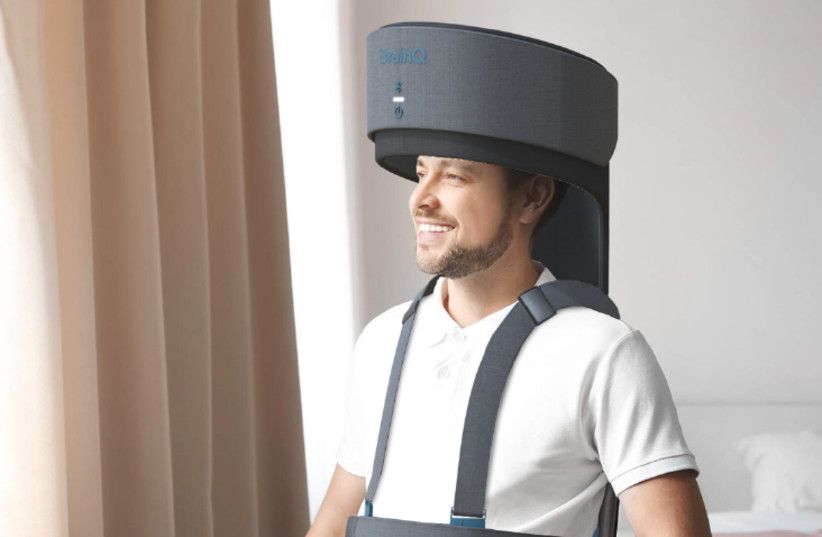
The new treatment utilizes “artificial brainwaves” through a wearable device that according to clinical trials, resulted in 77% of subjects recovering faster from strokes if compared to those not using the treatment. The “artificial brainwaves” are delivered via electromagnetic radiation, which stimulates the nervous system to regrow and heal itself. In using this method, BrainQ was able to imitate the processes of neural network synchronization.
In a study conducted by the company, using a double-blind randomized controlled trial, it was found that after eight weeks of treatment, 77% of test subjects receiving BrainQ’s therapy had scores of 1 or 0 on the modified rankin scale, which indicates that either no symptoms or minor symptoms resulted from the trial, along with no significant disability.
The results of the study is expected to be presented at the International Stroke Conference in late March.
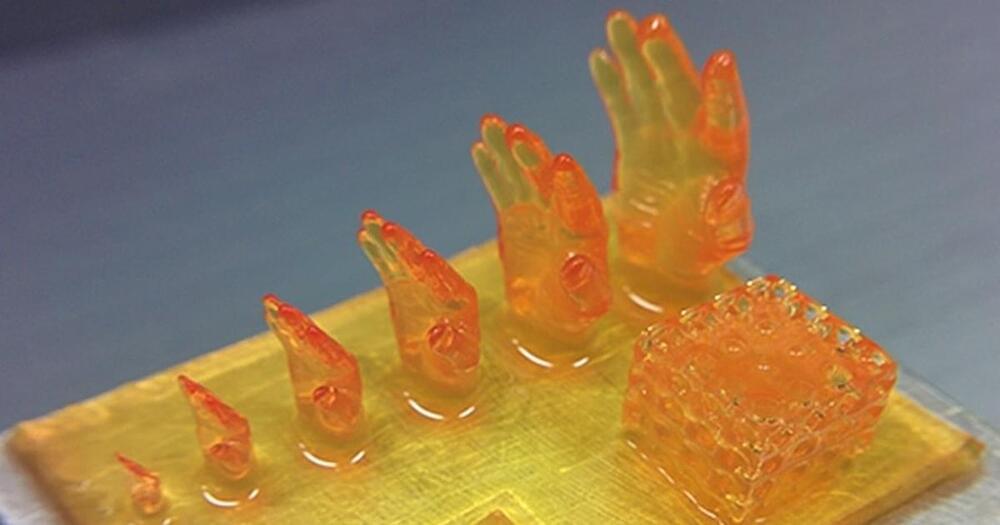
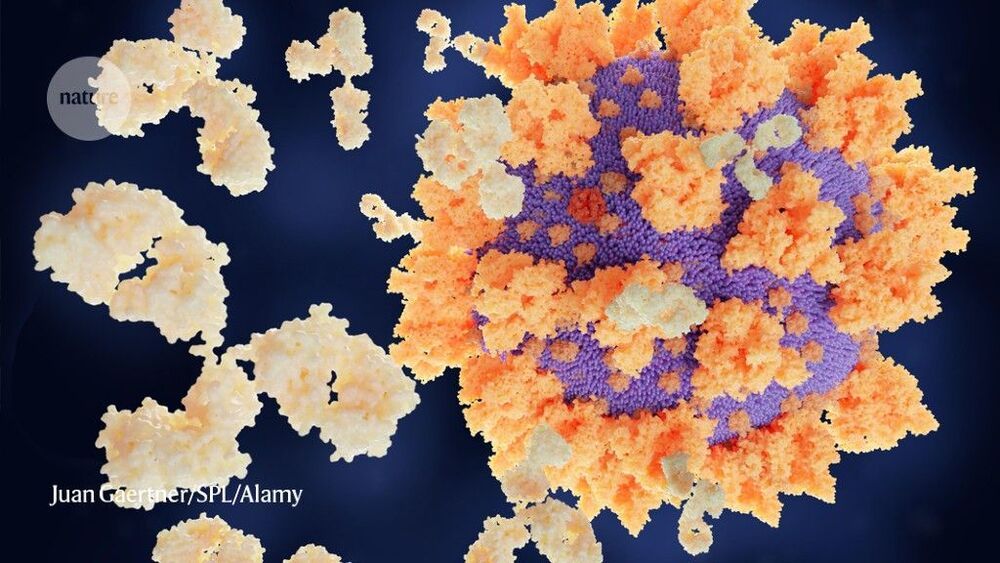
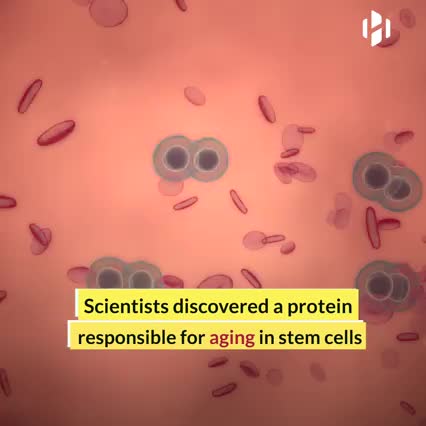

Most cancers are driven by continuous cell division, the cause of which is largely a mystery. Scientists at Vanderbilt University have discovered a genetic switch that seems to touch off that abnormal proliferation of cells—and they did it with the gene editing system CRISPR.
Using a genomewide CRISPR screen, the Vanderbilt team discovered that deleting a protein made by the gene TRAF3 causes cells to proliferate without stopping, even after they reach a certain density that would normally signal them to stop dividing. Because TRAF3 has not been linked to cancer before, the finding could offer key insights into the development of some cancers, the researchers reported in the journal eLife.
The team started with 40 million epithelial cells, using CRISPR to select cells that kept dividing uncontrollably. They were surprised to discover that a loss of TRAF3 activates signaling that in turn drives cell proliferation. TRAF3 normally activates immunity and had not been linked to uncontrolled cell growth before, they said.
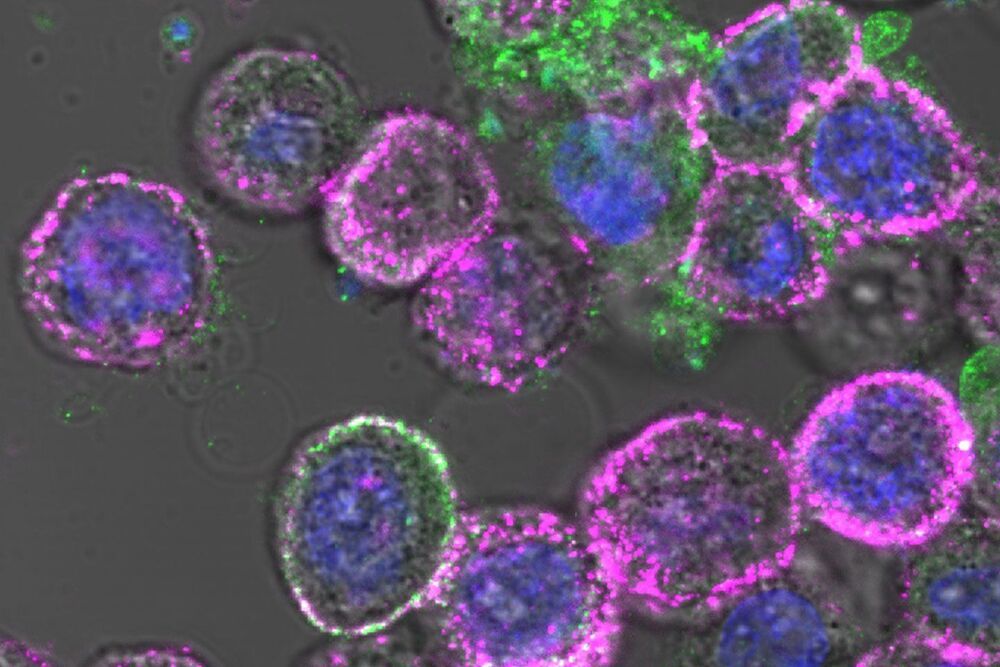
Preclinical research demonstrates that combining the oncolytic virus CF33 with an immune checkpoint inhibitor results in lasting resistance to certain tumors such as colon cancer. City of Hope surgical oncologist Susanne Warner, M.D., senior author of the study, said the virus could be a “gamechanger.”